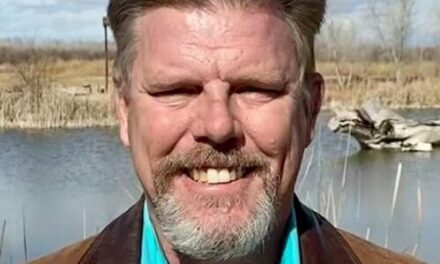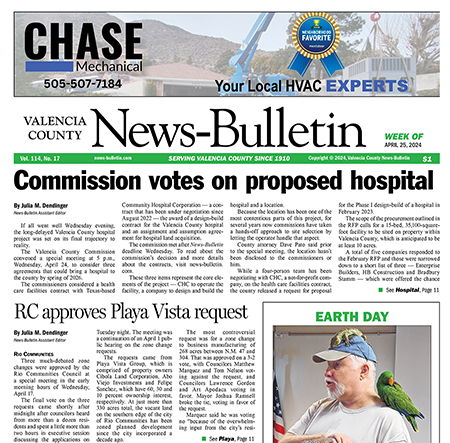In April of 2022, the Wildlife Conservation and Public Safety Act went into effect in New Mexico.
Years of people and pets being injured or killed while hiking and drastic declines in our native wildlife inspired the law restricting the use of traps, snares and poisons to trap wildlife on public lands. Since the law went into effect, incidents of injuries and deaths have fallen to near zero (Trap Free New Mexico,) and kill totals for wildlife have declined by an average of 50 percent collectively. (Wild Earth Guardians)
Named after the 8-year-old cattle dog, who, while hiking on a public trail with her owner, was strangled to death in a trapper’s snare, Roxy’s Law “is doing exactly what New Mexicans hoped it would.” (Jessica Johnson, Animal Protection Voters)
But, as often happens with laws created to protect someone or something, someone is complaining. This time the “someones” are the National and New Mexico Trappers Associations, and Fur Takers of America. They’re claiming that one of the eight exemptions in the law that allows enrolled members of federally recognized Indian nations, tribes or pueblos to trap for religious or ceremonial purposes, unfairly favors Native Americans and violates equal protection clauses, interfering with trappers’ rights to trap animals for hobby and/or profit.
In the spirit of curiosity and fairness, I investigated the National and New Mexico Trappers Associations websites. On the home page of the national site were photos of moms and kids smiling and holding their membership certificates.
The 10-minute video from 2004 was narrated by a cheerful woman’s voice, describing leg hold traps as barely able to bruise animals’ paws. She went on to say the animals “are neither harmed nor alarmed” (not true as evidence of great harm and death to animals is widely known and available,) that “the experience is not much different than a pet dog with a leash or collar” (except that a wild animal is not a pet) and that some animals “simply fall asleep” (more likely they’ve gone into “freeze” mode, given up after struggling, or, after being in shock, starving, or dehydrating, are simply physically incapable of movement or struggle.
There were scenes of trappers holding down an animal’s head, releasing the trap, checking the paws, scruffing and petting the animal (not something wild animals enjoy) and then releasing it. Missing were photos of carcasses of animals skinned for their pelts, traps containing dead animals (the New Mexico association did have one photo of a dead coyote or wolf) and any mention of the profit seeking nature of this activity.
Written pieces included patriotic rhetoric citing trappers as heroes of the settling of America, touting themselves as key players in ecosystem and wildlife protection and management, never mentioning professional agencies that work tirelessly on these issues, or the 70 percent decline in the world’s wildlife populations since 1970. (World Wildlife Fund) The New Mexico association site taught how various traps work, how and where to set them, and the need for conscientious use and management of traps and trapping activities

Colleen Dougherty
.
Ultimately, what struck me was the one-sidedness of the information presented, favoring service, environmental concern and patriotism, and leaving out all the rest. And, since both sites advocated for following local laws and ordinances and respecting “high traffic” areas where people live and recreate, why are they opposing our new law? To be ethical you must be transparent and honest, and you have to walk your talk.
Since
is working, one could assume the trappers who were causing the problems have complied — otherwise we wouldn’t be at zero. Sure, having the law in place persuades them in that direction, but I have to wonder if it’s more than that. Quite often when we struggle with a behavior we need to change or decision we need to make, something comes along that makes that decision for us.
I wonder if, while setting traps near hiking trails, something in the conscience of the trapper echoed “this might not be a good idea …” Righteous indignation and ego can easily override our conscience, but somewhere underneath, that little voice still exists. I’d like to imagine that some have found new hobbies, less destructive and perhaps even regenerative, activities that support life rather than end it. And I’d hope that as we breathe easier while enjoying our beautiful environment, trappers also breathe easier knowing they are not the potential cause of harm.
One thing I do know: having a clear conscience makes it easier to live within one’s own skin.
It could take years for this case to reach federal courts. Until then Roxy’s Law remains in effect.

















